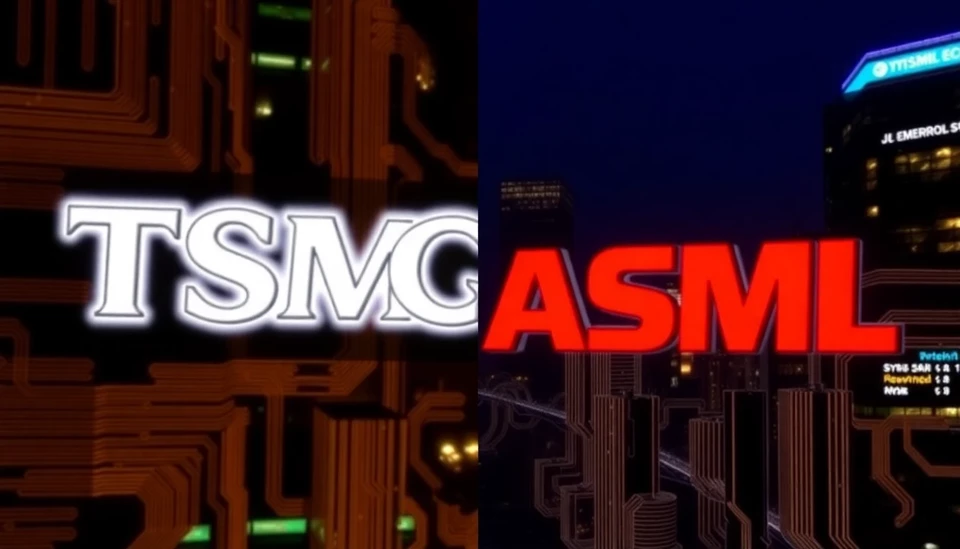The race to develop advanced semiconductor technology is accelerating, but this rapid progress comes with significant environmental challenges. As the demand for chips skyrockets, especially in the context of electric vehicles and smart devices, concerns over hazardous materials used in their production have also increased. These materials, known informally as "forever chemicals," are linked to serious health and ecological issues.
Recent findings indicate that as chip manufacturers ramp up operations, they are unintentionally releasing per- and polyfluoroalkyl substances (PFAS) into local water supplies and ecosystems. These chemical compounds are notorious for their persistence in the environment and human body, leading to potential long-term consequences for public health.
In response to these mounting challenges, a new wave of startups has emerged, focusing on innovative technologies designed to eliminate these harmful compounds from wastewater generated during the semiconductor manufacturing process. These companies aim to offer solutions that not only protect the environment but also help chip manufacturers comply with increasingly stringent regulations.
One startup, for instance, is developing a process that employs electrochemical techniques to break down PFAS into harmless byproducts. By investing in such technologies, these ventures are not just addressing an urgent environmental crisis; they are also positioning themselves in what is expected to be a lucrative market as more manufacturers seek sustainable production methods.
The growing awareness and concern over forever chemicals have spurred conversations around corporate responsibility within the tech industry. Major semiconductor firms are now under pressure to adopt greener practices and take accountability for their environmental impact. This shift toward sustainability may very well redefine the future of chip production.
Industry analysts suggest that the interplay between technology innovation and environmental stewardship is increasingly seen as a critical factor for investor decisions and consumer preferences. As a result, companies that fail to adapt may find themselves at a competitive disadvantage in the revitalizing semiconductor sector.
While the future of chip manufacturing and the environment remains uncertain, the emergence of startups dedicated to removing toxic substances signals a promising step forward. Industry stakeholders and consumers alike will be watching closely as the semiconductor race unfolds amid growing environmental consciousness.
Overall, balancing technological advancement with ecological integrity is an ongoing challenge, and the outcome will likely have far-reaching implications for both the semiconductor market and environmental health.
In conclusion, as the semiconductor industry continues to evolve, the commitment to sustainable practices will become ever more critical. The landscape ahead holds the potential for significant breakthroughs that could lead to a cleaner, more sustainable future for all.
#semiconductors #foreverchemicals #PFAS #environment #technology #innovation #sustainability
Author: Peter Collins



